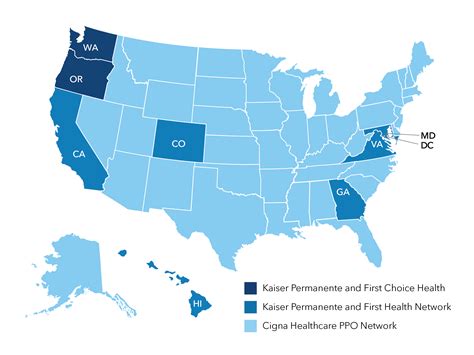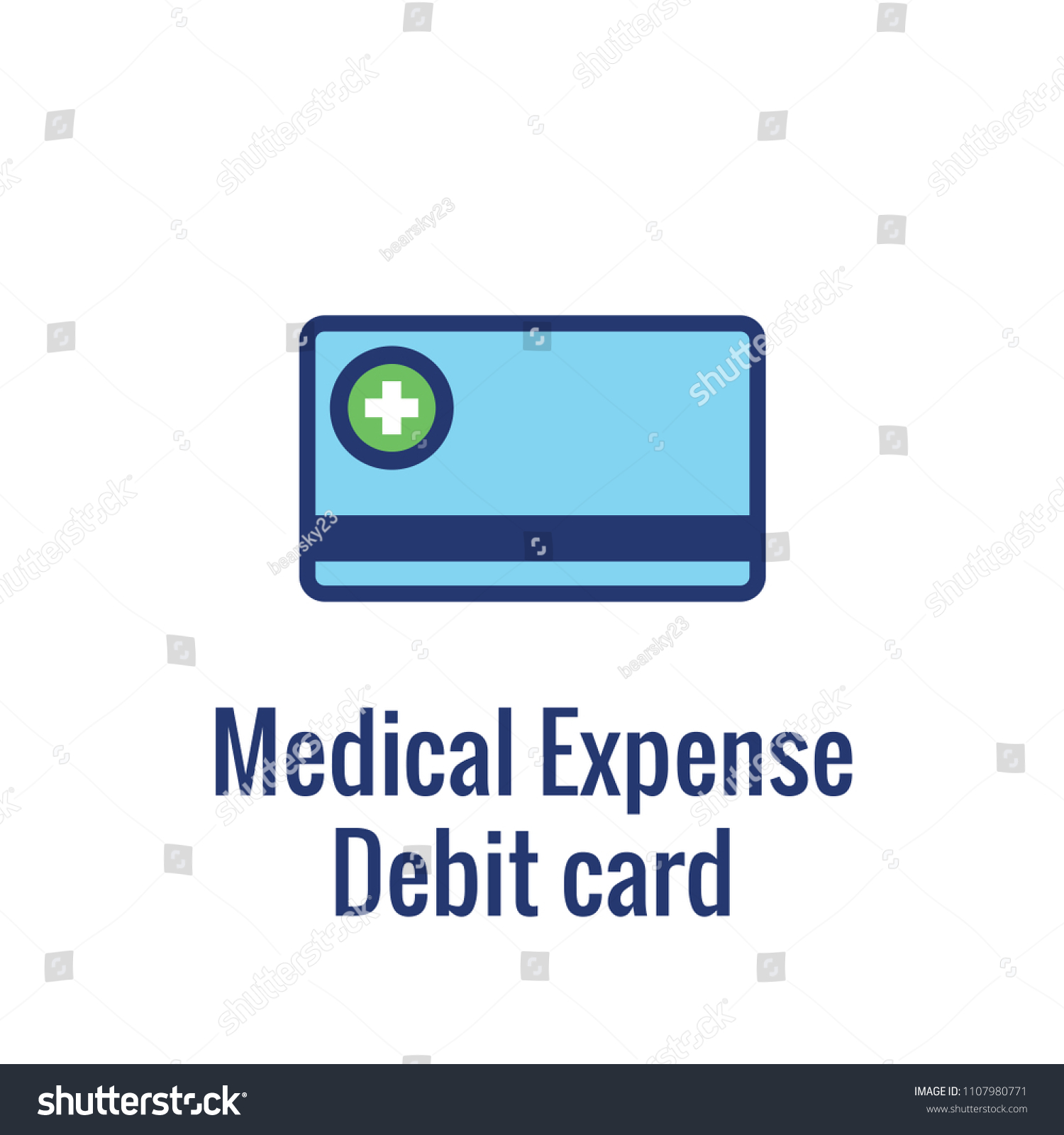When Do Norovirus Symptoms Start? Fast Recovery Tips

Norovirus, often referred to as the stomach flu, is a highly contagious virus that affects millions of people worldwide each year. It’s known for causing severe gastrointestinal symptoms, which can be debilitating and disrupt daily life. Understanding when norovirus symptoms start and how to manage them is crucial for a speedy recovery and preventing the spread of the infection.
Norovirus Incubation Period
The norovirus incubation period, which is the time between exposure to the virus and the onset of symptoms, typically ranges from 12 to 48 hours. This means that after coming into contact with the norovirus, either through contaminated food, water, or close contact with an infected person, symptoms can start to appear within a day or two. The average incubation period is about 24 hours, but it can vary depending on several factors, including the strain of the virus, the amount of virus ingested, and the individual’s immune status.
Identifying Norovirus Symptoms
Norovirus symptoms can start suddenly and may include: - Diarrhea: Frequent, loose, and watery stools are common. - Vomiting: Often forceful and can lead to dehydration if not managed properly. - Stomach cramping: Severe abdominal pain can accompany the other symptoms. - Fever: A low-grade fever may be present, although not always. - Headache: Can occur due to dehydration or as a direct effect of the virus. - Fatigue: Feeling weak and tired due to the loss of fluids and electrolytes.
Fast Recovery Tips
While norovirus infections are usually self-limiting, meaning they resolve on their own with time, there are steps you can take to help manage symptoms and support a faster recovery:
Stay Hydrated: Drinking plenty of fluids is crucial to replace lost water and electrolytes. Oral rehydration solutions (ORS) are recommended as they contain the right balance of salts and sugars to help your body absorb the fluids.
Rest: Allow your body time to fight off the infection. Resting can help reduce the severity of symptoms and aid in recovery.
Diet: Initially, it may be best to avoid solid foods and stick to a bland diet when you’re feeling up to eating again. Foods like bananas, rice, applesauce, and toast (BRAT diet) are easy on the stomach.
Practice Good Hygiene: Wash your hands frequently with soap and water, especially after using the bathroom and before handling food. This can help prevent the spread of the virus.
Avoid Infecting Others: If possible, stay away from work or school while you’re sick and for a couple of days after you’ve recovered to prevent spreading the virus.
Consider Over-the-Counter (OTC) Medications: For adults and children over a certain age, OTC medications like bismuth subsalicylate or antidiarrheal drugs may help manage symptoms. However, always consult with a healthcare provider before giving any medication to children.
Complications and When to Seek Medical Attention
Most people recover from norovirus without complications. However, certain groups, such as young children, older adults, and people with underlying health conditions, are at a higher risk for severe dehydration and may need medical attention. Signs that indicate a need for immediate medical care include: - Severe vomiting that lasts more than two days - Diarrhea that lasts more than three days - Signs of dehydration, such as excessive thirst, dark urine, dizziness, or a decrease in urination - Fever above 101.5°F (38.6°C) - Signs of severe dehydration in children, such as fewer or no tears when crying, dry mouth, or sunken eyes
Preventing Norovirus Infections
Prevention is key to avoiding norovirus infections. Practicing good hygiene, ensuring proper food handling and cooking, and avoiding close contact with individuals who are infected can significantly reduce the risk of contracting norovirus.
Conclusion
Norovirus infections can be challenging due to their contagious nature and the severity of symptoms. However, by understanding the incubation period, recognizing the onset of symptoms, and taking proactive steps towards recovery, individuals can manage their symptoms effectively and reduce the risk of complications. Remember, prevention through good hygiene practices and careful food handling is always the best approach to avoiding norovirus infections altogether.
How is norovirus typically spread?
+Norovirus is highly contagious and can spread through contaminated food or water, close contact with an infected person, or by touching contaminated surfaces and then putting your unwashed hands in your mouth.
What are the most effective ways to prevent norovirus infection?
+Preventing norovirus infection involves practicing good hygiene, such as frequent hand washing with soap and water, avoiding close contact with infected individuals, ensuring proper food handling and cooking, and regularly cleaning and disinfecting high-touch surfaces.
Can norovirus infections be treated with antibiotics?
+No, norovirus infections cannot be treated with antibiotics. Norovirus is a viral infection, and antibiotics are effective only against bacterial infections. Treatment focuses on managing symptoms and preventing dehydration.



